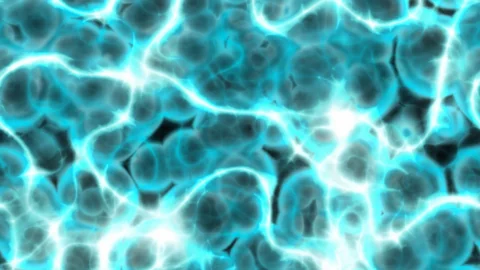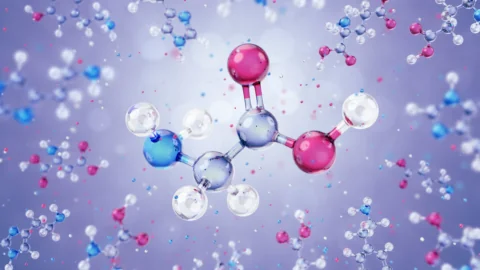January 21, 2024
Publishing in Aging, researchers have reversed the early aging of prenatally harmed young mice by exposing them to a more enriched environment. Young organisms born old Newborn rodents from sleep-deprived mothers have conditions that are biologically similar to the processes of aging. One rat study found that maternal sleep deprivation causes these animals to be...
January 04, 2024
In Nature Communications, researchers have published their discovery of a compound found in carrots that promotes mitochondrial health and improves the physical abilities of older mice. Walking down the caloric restriction pathway Although it is difficult to establish in human beings, caloric restriction is one of the most well-known interventions known to be effective across...
August 22, 2023
A paper published in Aging explains the relationship of long noncoding RNAs, which change with aging, to age-related macular degeneration (AMD). A disease of deposits and aging This paper begins with a discussion of AMD and its prevalence. AMD is the most common cause of vision loss in people over 70 years old [1]. Its...
August 18, 2023
Scientists have found that EGCG and curcumin, two well-known antioxidants, are effective both alone and especially in combination in a mouse model of cognitive decline induced by oxidative stress [1]. Not the usual stress Oxidative stress results mostly from molecules called reactive oxygen species (ROS), which are byproducts of normal chemical reactions in the body....
July 31, 2023
A paper published today in Nature Metabolism has described a method of genetically engineering cells to respond to electrical stimuli, allowing for on-demand gene expression. Finding a better trigger Despite its futuristic outlook, this line of research is built upon previous work. The idea of an implantable gene switch to command cells in order to...
May 31, 2023
Scientists publishing in Antioxidants have reported that increasing glutathione levels with GlyNAC, a supplement that combines glycine and cysteine, significantly reverses age-related cognitive decline in naturally aged mice [1]. GlyNAC vs oxidative stress Oxidative stress caused by reactive oxygen species (ROS) is known to be one of the upstream causes of aging and contributes to...






